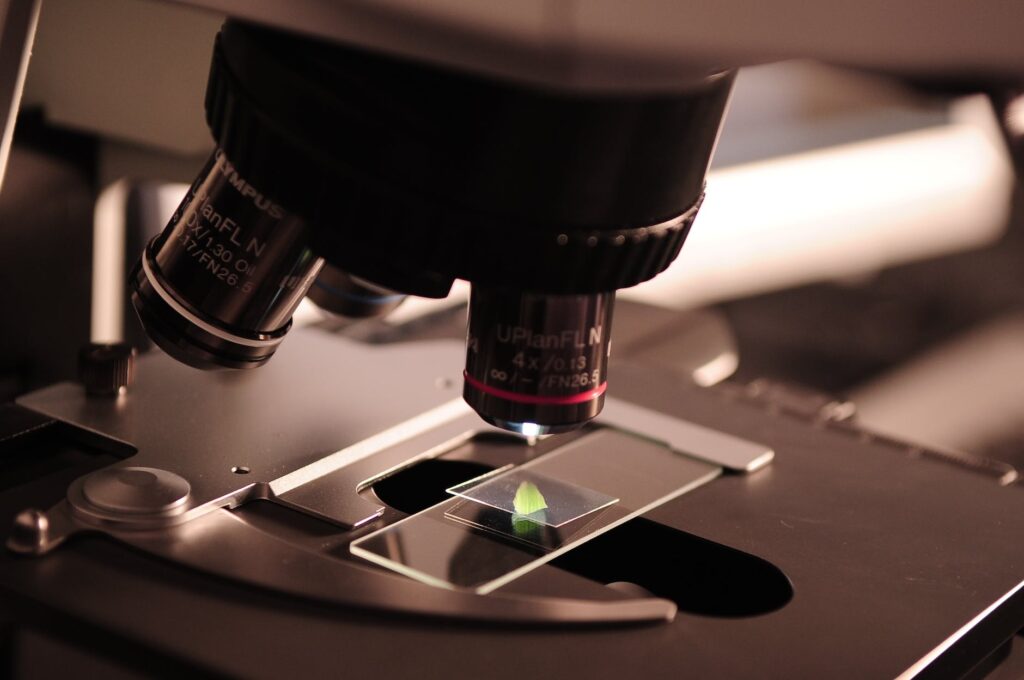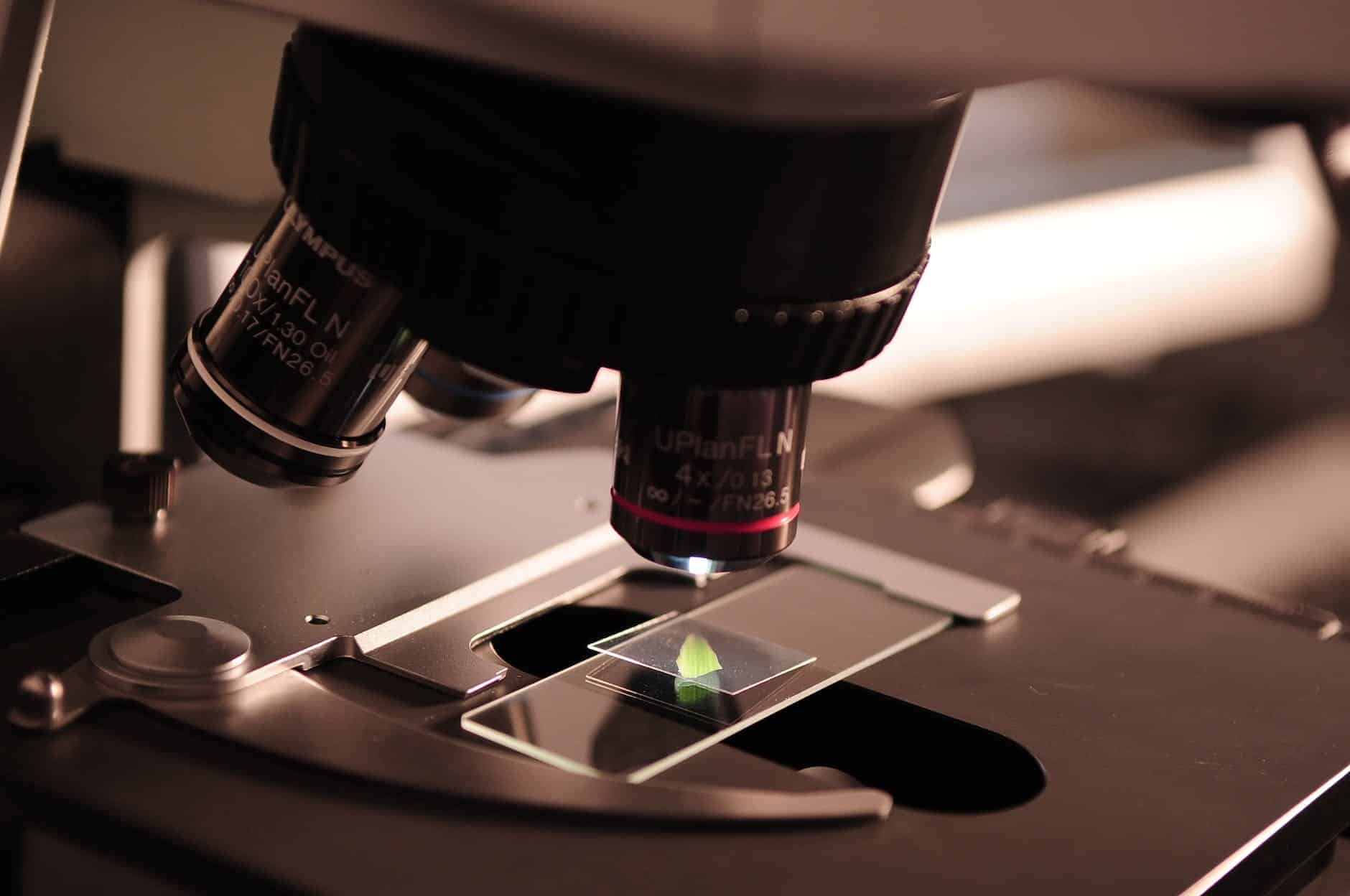
Introduction:
The world of life sciences is rapidly evolving, presenting exciting opportunities and challenges for scientific exploration and innovation. From groundbreaking discoveries in genomics to advancements in personalized medicine, the future of life sciences holds immense promise for revolutionizing healthcare and improving the quality of life for people around the globe. In this blog, Dr. Philip Sobash will delve into five key areas that are shaping the future of life sciences.
I. Genomics: Decoding the Blueprint of Life
Advancements in genomics have paved the way for transformative breakthroughs in understanding the genetic basis of diseases and individual variations. The future of life sciences lies in the integration of genomics data with other -omics disciplines, such as proteomics and metabolomics, to unravel complex biological networks. This comprehensive approach will lead to personalized therapies, targeted drug development, and improved disease prevention strategies.
II. Artificial Intelligence: Driving Data-Driven Discoveries
Artificial Intelligence (AI) has emerged as a powerful tool in life sciences, enabling scientists to analyze vast amounts of data with unprecedented speed and accuracy. AI algorithms can identify patterns and predict outcomes, assisting in drug discovery, patient diagnosis, and treatment optimization. The future will witness AI-driven drug design, virtual clinical trials, and enhanced precision medicine tailored to each individual’s unique characteristics.
III. Gene Editing: Unleashing the Potential of CRISPR
The development of Clustered Regularly Interspaced Short Palindromic Repeats (CRISPR) technology has revolutionized gene editing, providing scientists with a precise and efficient tool for manipulating genetic material. The future of life sciences will witness the continued refinement of CRISPR techniques, enabling targeted modifications to correct genetic defects and potentially eradicate certain diseases. Ethical considerations surrounding gene editing will also be critical in shaping the future landscape.
IV. Biotechnology: Converging Science and Engineering
The field of biotechnology encompasses a diverse range of disciplines, including genetic engineering, synthetic biology, and biomaterials. By harnessing the power of nature’s building blocks, researchers can develop innovative solutions for sustainable agriculture, renewable energy, and bio-based manufacturing. The future will see the convergence of life sciences with engineering principles, enabling the design of novel biomaterials, bio-inspired devices, and efficient biofuels.
V. Precision Medicine: Revolutionizing Healthcare
Traditionally, medical treatments have followed a one-size-fits-all approach. However, the future of life sciences lies in precision medicine, which takes into account an individual’s genetic makeup, lifestyle, and environmental factors to provide tailored healthcare solutions. With advancements in technology and data analytics, healthcare providers will have the ability to predict disease risk, identify optimal treatment options, and deliver personalized therapies for improved patient outcomes.
Conclusion:
The future of life sciences is a captivating landscape of innovation and discovery. As genomics, artificial intelligence, gene editing, biotechnology, and precision medicine continue to advance, we can anticipate significant strides in healthcare and our understanding of life itself. By leveraging these technologies, researchers and scientists will unlock limitless potential, paving the way for personalized therapies, disease prevention, and sustainable solutions. However, it is crucial to address ethical considerations and ensure responsible use of these powerful tools for the betterment of humanity. The future is bright for life sciences, and it is an exciting time to witness the transformative impact it will have on our lives.

